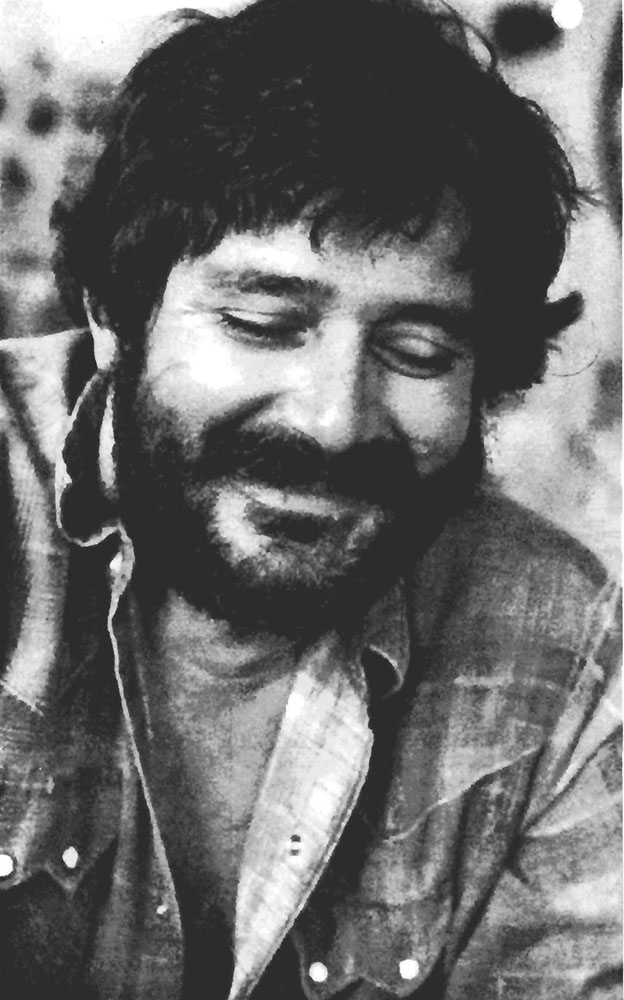 |
A Poet's AwakeningBy John Crandell (reviewer)
What You Have Heard Is True: A Memoir of Witness and Resistance Carolyn Forché's new memoir - What You Have Heard is True - both as an act of testament and as witness ranks equally with the finest and greatest writing regarding the United States' invasion of Southeast Asia. The period is that of Ronald Reagan's administration in Washington. The context is El Salvador, and if one kept close attention to the support given by the US government to the Salvadoran junta, one is none the less shocked and awakened by Forché's memory. She first became noted for her poetry following the time that she spent in Central America. Her familiarization in human monstrosity was under the tutelage of a very much larger-than-life person, the late Leonel Gómez Vides. Whether or not Forché's work is adapted to the cinema, Vides' is a name that ought to live forever for those who value human uplift, decency, and truth.
Forché's first husband had fought in Vietnam at Cu Chi and helped construct infrastructure for the US Army south of Pleiku. They first met when she was yet a senior in high school. Wearing his army jacket, Carolyn would spectate alongside an anti-war march in her hometown, get caught up in a police riot (Detroit) and get knocked unconscious by the swing of a baton. Her husband's work in infrastructure was for the Fourth Division base camp directly below Dragon Mountain. Of the time she would spend in El Salvador she does not once mention the media-central burg of Tegucigalpa where so many journos clustered during the time of Reagan's CIA/School of the America's sponsored assault upon the rural Mestizo population. Most were likely afraid of getting their feet wet; Forché and her own sponsor repeatedly were in danger, frequently on the move to avoid detection. He introduced her to the country's archbishop and the new acquaintance would later end with a photo she would take of the cleric a few hours before his assassination by neo Falangists. The religiosity of her work is no less poetic than what I heard at a reading she participated in at a theater on Spring Street in Los Angeles in the mid-1980s. Her name stuck; another reading, that by Britain's poet of class struggle and injustice, Sir Stephen Spender, was not equal to hers. Yet in 1939 he had edited Poems for Spain at the end of the Spanish Civil War, the conflict in which poets had played a remarkable role in resistance against Spanish fascism. Even though he would never be confined and tortured, the activities of Leonel Gómez Vides recall the heroics of Alexandros Panagoulis, he of the one-man anti-junta Greek resistance described by his paramour, the late Oriana Fallaci - in her extraordinary 1979 elegy - A Man. Carolyn Forché's work also recalls the finest works of witness reflecting upon our time in Vietnam: Ron Glaser's 365 Days, Gloria Emerson's Winners and Losers, Daniel Ellsberg's Secrets, John Laurence's The Cat From Hue, and especially Dispatches, by Michael Herr. Hers is neither a historical effort or one of journalistic reportage. It is all resonantly personal, at points becomes highly expressive verging upon the poetic. Such artistry employed in giving witness to grotesque human carnage has rendered an unforgettable must-read (gratis then CIA director William Casey and the irrepressible Oliver North - Reagan and George H.W. Bush's consiglieri in Iran-Contra lunacy). While in-country she would encounter her second/current husband, war photographer Harry Mattison, whose work has rendered equal witness to human gravity. As stated on the book's dust cover, Carolyn Forché is an American poet, editor, translator, and activist. Her books of poetry are Blue Hour, The Angel of History, The Country Between Us, and Gathering The Tribes. In 2013, she received the Academy of American Poets Fellowship given for distinguished poetic achievement. She is a University Professor at Georgetown University. In 2017, she became one of the first two poets to receive the Windham-Campbell Prize. As we all now know, singer-songwriter Bob Dylan has lately received his Nobel Prize. Yet all of us have to wonder whether he ever got himself in anywhere near as much danger as has America's foremost poet of conscience. A registered landscape architect and a veteran of the Fourth Infantry in Vietnam, John Crandell retired from an engineering position with the Air Force in 2014 and now manages "The Farm" plus six felines, southeast of Sacramento.
|


